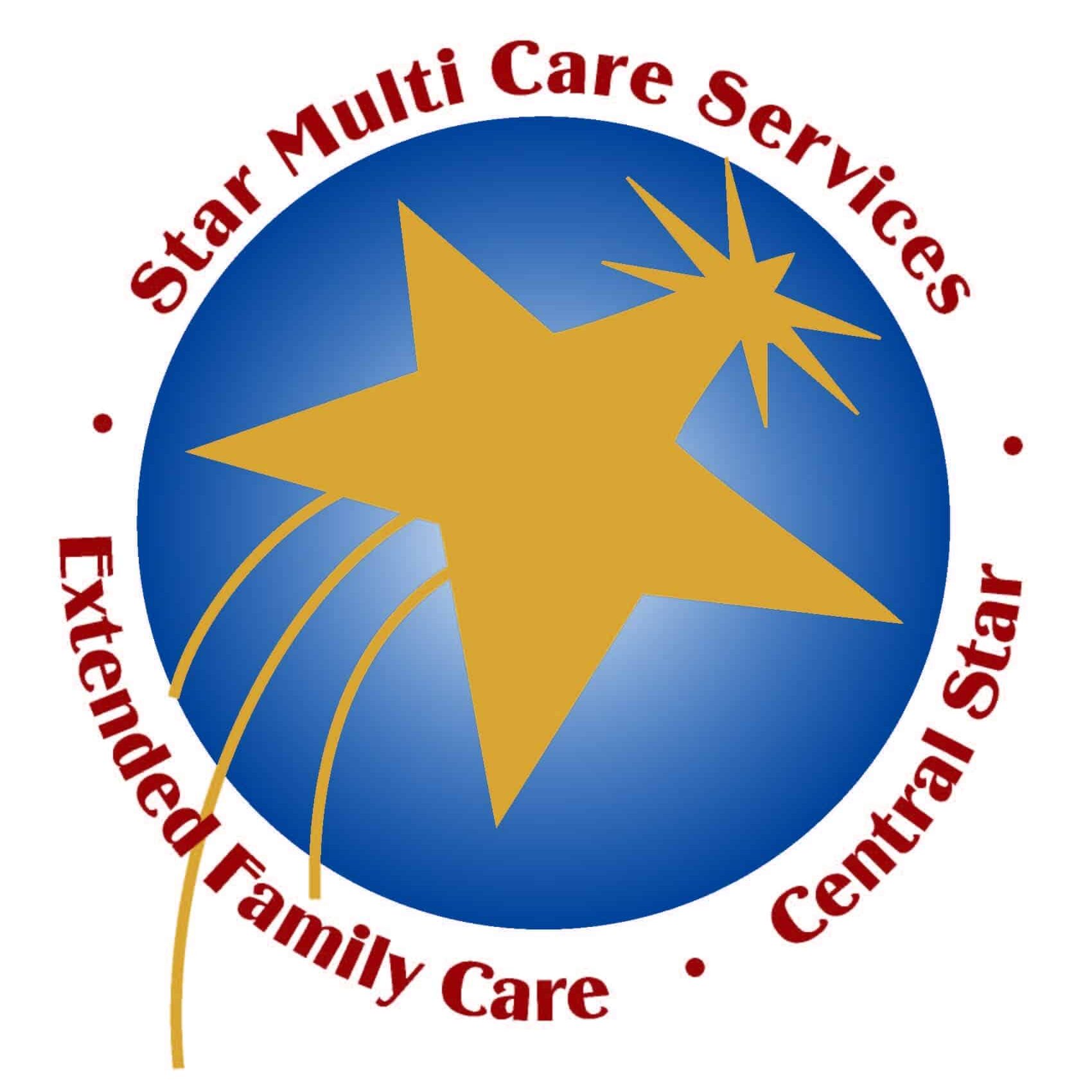You or your senior loved one probably know another senior who has undergone some sort of heart surgery in their life. This is because elderly patients are the fastest growing part of the US population and those aged over 85 undergo heart surgery in the greatest increase of numbers.

Because the elderly population is more likely to experience chronic medical diseases such as hypertension, diabetes, and more, it is not hard to understand why an increasing number of elderly people are now undergoing coronary bypass surgery.
Prior to undergoing any kind of heart surgery, your health care practitioner will talk with you and your senior about any risks and complications they are concerned about, and implement a plan of care for returning home that you will want your elder care aids to be involved in.
The risks
Elderly cardiac patients will require ongoing and continuous monitoring of their bodily systems related to their surgery and cardiopulmonary bypass in order to prevent complications. Compared with younger people, they can have more postoperative complications leading to longer hospital stays due to their aging organ system and other age-related factors.
Data analyzed from 67,764 patients found that carefully selected patients over the age of 80 can weather bypass surgery nearly as well as younger people. Elderly people between the ages of 80 and 89 face added risk when bypass surgery is combined with mitral valve replacement according to a paper published in the Journal of the American College of Cardiology, but says that patients with no other risk factors like prior heart surgery or serious stroke, should be able to handle the surgery and return to a normal life.
Although it’s possible to perform heart surgeries successfully on the elderly, there are still risks which should be carefully weighed by both the senior and their doctor.
Elderly women, for example, are sometimes at a higher risk just due to their smaller arteries and frail stature. Other diseases like diabetes mellitus, renal dysfunction, and peripheral vascular disease may also put patients over the age of 80 at increased risk for morbidity.
Prognosis
Due to advancement in cardiac anesthesia and surgical techniques, morbidity and mortality has improved for patients of all ages, including seniors. There is evidence that surgery can result in improvements in health status, functional status, quality and longevity of life in elderly patients undergoing bypass and valve replacement surgery.
Patients over the age of 80 tend to spend less time anguishing over heart surgery and are not nearly so anxious about mortality, says one cardiac doctor.
Nurses serve as advocates for the elderly and can educate patients and their families and caregivers if they are receiving elder care, to make their recovery after surgery as smooth as possible.
Communication before and after surgery is key, as is understanding and weighing the risks and benefits that are specific to the health and medical history of your elder.
Source: https://www.ncbi.nlm.nih.gov/pmc/articles/PMC2599978/
http://ccn.aacnjournals.org/content/26/5/24.full
https://www.webmd.com/heart-disease/features/too-old-for-bypass#3
If you or an aging loved one are in need of Elder Care Services in Manhasset NY or the surrounding areas, contact the caring professionals at Star Multi Care Services today at (631)956-8835. We are the Right Choice for Home Health Care Services!
- Ways a Client Advocate Can Improve Your Loved One’s Quality of Life - April 9, 2025
- Consistency is Key to Helping Your Senior Remain Independent - April 3, 2025
- Help Your Senior Welcome Back the Birds of Spring - March 26, 2025

